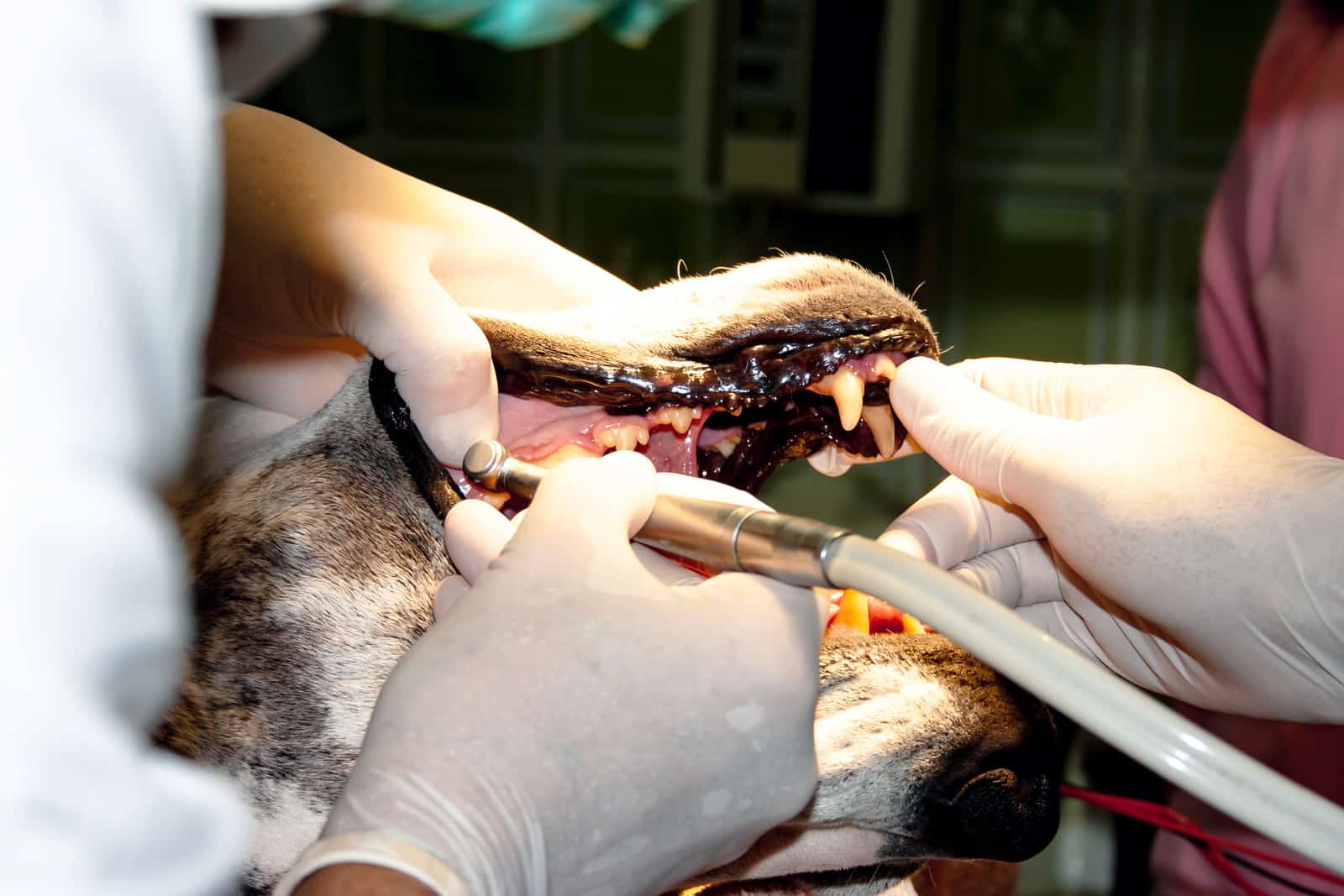Your cat’s oral health plays a major role in their overall well-being and general quality of life. Unfortunately, dental disease is something many cats will face at some point, which is why prevention is the most important step in keeping their oral health in good condition. In most cases, feline dental surgery may be necessary, but it is always best to know what to look for in the early stages of dental disease.
To help you understand a few of the dental conditions your cat may experience, we’ve outlined 5 common dental conditions and how they present in cats.
Signs Of Feline Dental Disease
Recognising the symptoms of dental disease in cats can be tricky for the untrained eye, but it is vital for early intervention. Keep an eye out for signs such as bad breath (halitosis), excessive drooling, weight loss, difficulty eating, missing or loose teeth, visible tartar, bleeding or swollen gums and pawing at the mouth. Just as important, if your cat becomes quiet and withdrawn it is often a sign of pain (including dental pain). If any of these signs are present, it’s important to take your cat to your vet for an oral examination, proper diagnosis and care.
Common Dental Diseases In Cats
- Periodontal Disease: This bacterial infection of the gums affects a significant percentage of cats. If not properly managed, periodontal disease can lead to tooth loss and systemic health issues, requiring surgery to remove infected tissue and restore oral health.
- Tooth Resorption: Cats commonly suffer a disease where the tooth erodes and eventually becomes irreparably destroyed. Over time, all areas of an affected tooth, from root to crown, may become involved. It is very painful.
- Stomatitis: This painful inflammation of the gums and other oral tissues can significantly impact a cat’s quality of life. While mild cases may be managed with at-home care, severe stomatitis often requires many extractions to alleviate pain and prevent further recurrence.
- Fractured Teeth: Cats are prone to tooth fractures, which can expose sensitive dental pulp and lead to pain and infection. Depending on the severity of the fracture, dental surgery may involve extracting the damaged tooth or performing procedures to restore its integrity.
- Oral Cancer: Unfortunately, oral cancer is relatively common in cats and can manifest as masses, swelling, or other abnormalities in the mouth. Early detection through regular dental check-ups is crucial for prompt treatment, which may involve surgery to remove tumours and restore oral function.
Staying vigilant about your cat’s oral health, recognising early signs of dental issues, and seeking timely veterinary care, including feline dental surgery when needed, are crucial steps in ensuring a happy and healthy life for your feline companion. Get in touch with Sydney Pet Dentistry to learn more.


